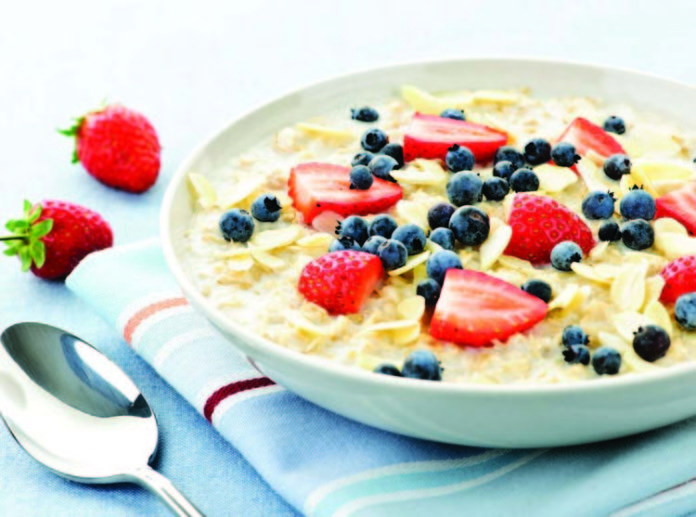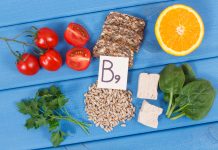
10 Foods for Better Learning
Boost your family’s brainpower by adding these super foods to their diet.
By Deborah Lowther
EATING THE RIGHT FOODS is good for your health; but did you know you can also boost your brainpower through what you eat? Research shows that eating the right foods is one of the best ways to improve brain development, cognitive learning and memory.
Eating whole foods will ensure your child has a nutrient-dense, fibre-rich diet. It will also maintain consistent blood sugar levels to help your child stay focused and avoid the highs and lows that can come with eating sugary, processed foods.
Help increase your kid’s attention span this school year while boosting their memory and ability to learn by adding some of these 10 super foods to their meals.
Beans A nutrient-rich food, beans contain protein, complex carbohydrates, fibre, antioxidants, iron and important B-complex vitamins. Try adding beans to a wrap, soup, pasta sauce or chilli. Bean dips are a great way to spice up raw veggies for an afterschool snack. Just puree chickpeas, lentils or white kidney beans with some garlic, lemon and extra virgin olive oil for a brain healthy dip.
Berries Strawberries, blueberries and raspberries are rich in vitamins and antioxidants. They ward off damage caused by free radicals and may improve the cognitive function of the brain, improving memory and motor skills. For example, one cup of sliced strawberries delivers more than a day’s worth of vitamin C. Berries are also a good source of fibre, folate, potassium and manganese – a mineral that maintains healthy bones and helps regulate blood sugar.
ChocolateYes, eating chocolate can make you smarter! Dark chocolate contains more antioxidants than blueberries and these antioxidants protect brain cells from damaging free radicals and improve cognitive function.
Dark Leafy Greens Greens such as spinach and kale pack an immune system boosting punch with vitamins A and C – you can’t learn if you’re not feeling your best. Plus, vitamin B-12 and folate found in spinach improve brain health and help maintain cognitive functioning, including memory. Kale is rich in manganese, a trace mineral that helps synthesize fatty acids that are critical to healthy brain function. Try kale chips, and spinach brownies to give kids a nutrient boost in foods they like to eat.
Eggs Just one egg contains an amazing amount of nutrition. With six grams of protein per egg and more than a dozen vitamins and minerals including riboflavin, B12 and folate, they are a rich super food. Eggs are also an excellent source of choline, an important nutrient for brain development.
Grape Juice Look for grape juice blends made with concord grapes. Research shows that the polyphenols from concord grapes can improve the communication between brain cells. The antioxidant rich grape juice improves short-term memory and motor skills.
Olive Oil Olive oil contains brain-friendly monounsaturated fats that can lower bad (LDL) cholesterol. Extra virgin olive oil is also rich in potent antioxidants called polyphenols that prevent free radical damage to brain cells.
Nuts Walnuts are the top nut for brain health with their high concentration of DHA, an Omega-3 fatty acid shown to improve cognitive performance. Just a quarter cup of walnuts provides almost 100 percent the recommended daily intake of DHA. Almonds are a great pick too because they are high in Vitamin E, also shown to improve memory function and make a great midday snack.
Fish Fatty fish are full of essential omega-3 fatty acids and you should aim to eat fish at least twice a week. Omega-3 rich fish such as salmon and mackerel are important for brain development. Your brain is comprised of approximately 60 percent fat. By eating more Omega-3 fats you are providing your brain with the essential fats it needs for optimal functioning.
Whole Grains A simple switch to whole-wheat pasta, whole-grain bread and brown rice can increase brain health. They are filled with vitamins and magnesium, which are important to cognitive health. Whole grains also contain vitamins including folate and B12 that increase memory and regulate energy levels to keep kids alert in class. Add oats and quinoa to your diet for a fibre and protein boost. VM










